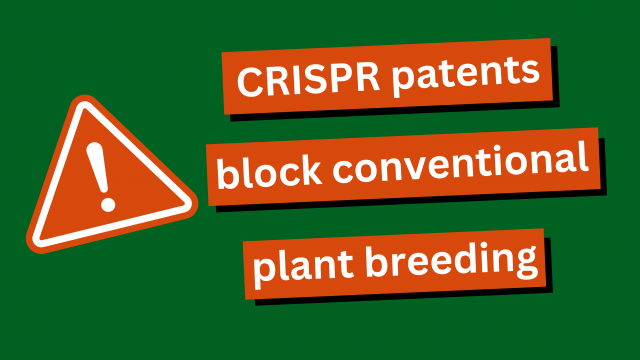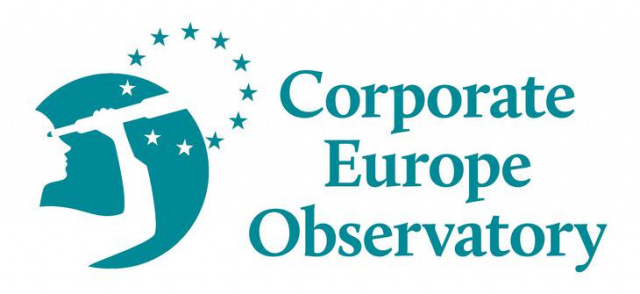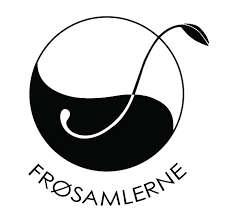20 June 2024 / No Patents on Seeds! conducted research into international patent applications published in 2023. The outcome shows, how new genetic engineering (NGT) is being abused to extend patent protection to conventionally-bred plants. It appreas that gene variants and traits found in existing plant populations are frequently being 're-invented' with NGTs to create the impression of a technical invention. If these patents are granted, they very often extend to conventional breeding.
 Patents on plant varieties and breeding are prohibited in Europe. The only exception to this prohibition are genetically engineered plants. The EU should take initiative to correct the interpretation of patent law!”, demands Christoph Then of No Patents on Seeds!.
Patents on plant varieties and breeding are prohibited in Europe. The only exception to this prohibition are genetically engineered plants. The EU should take initiative to correct the interpretation of patent law!”, demands Christoph Then of No Patents on Seeds!.
To ‘re-invent’ the plants, traits found in existing plant populations are reproduced by using tools like the gene scissors CRISPR/Cas. Also, random mutagenesis is used to create the same or similar gene variants. From a plant breeders’ perspective, in most cases, these processes are not necessary to derive to the desired traits. Only for the companies that want to get a patent, these processes make sense: They can claim the plants as their ‘fake’ invention.
“Some companies are apparently filing these patents to try and push conventional breeders into new dependencies or even out of the market. If granted, the patent holders can control access to plants, regardless of whether genetic engineering is used or not”, warns Christoph Then.
Plant species affected by recent patent applications include tomatoes, carrots, cucumber, lettuce, broccoli, pepper, spinach, maize, wheat, barley and soybeans. Many of the patent applications also claim the food products derived from these plants.
The patents applied on such ‘inventions’ not only cover plants obtained from (targeted) NGTs, but also plants obtained from (non-targeted) random mutagenesis. In the past, plant varieties inheriting random mutations were placed on the market without patents and could be used freely by conventional breeders to further develop and market plant varieties.
An analysis of current practice of the European Patent Office shows that patents on randomly mutated plants are indeed being granted. Even though European patent law prohibits patents on plant varieties and conventional breeding, patent claims already affect more than 1000 European plant varieties. Current data shows that individual patents can impact dozens of varieties and that several varieties are affected by several patents.
The research report was brought to the attention of the EU Commission today. The Commission currently is preparing a report on patents and NGT plants. "The EU now needs to clarify that if patents continue to be granted on plants, they must be restricted to the technical processes of genetic engineering and not include other methods of breeding", states Johanna Eckhardt of No Patents on Seeds!.
Contact
- Christoph Then, spokesperson No Patents on Seeds!, info@no-patents-on-seeds.org, +49 151 54638040
- Johanna Eckhardt, project coordination, No Patents on Seeds!, johanna.eckhardt@no-patents-on-seeds.org, + 43 680 2126 343
Further information
- The research report: https://www.no-patents-on-seeds.org/en/publications/CRISPR
- Photos of the public activity in Brussels: https://www.no-patents-on-seeds.org/en/activities/commission
- Activity to send emails to the EU commission: https://www.no-patents-on-seeds.org/en/campaign
---
You can share our posts about this press release on Facebook and X or share the direct link to this press release: https://www.no-patents-on-seeds.org/en/news/CRISPR















